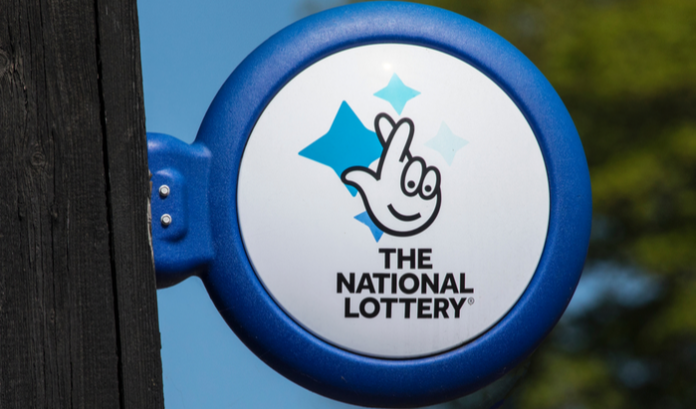British gambling experienced an uptick in 2022/23, with the National Lottery generating particularly strong returns to good causes according to the latest data from the UK Gambling Commission (UKGC).
The regulator detailed that from April 2022-March 2023 over £1.79bn was generated for good causes from National Lottery sales, something which Commission CEO Andrew Rhodes and Chairman Marcus Boyle said was ‘extremely positive to see’.
Rhodes and Boyle elaborated :”The impact the National Lottery makes is far-reaching and an extensive amount of work continues to go into ensuring a smooth transition into
the next licence.”
On participation, the UKGC estimates that around two-fifths of the UK population gambled this year, with total lottery, betting and gaming participation standing at 23.6 million, falling to 15.5 million when National Lottery players are not included.
Online wagerers stood at 14.3 million, 9.9 million when National Lottery players are excluded, and in-person punters at 14.6 million, again falling to 10.4 million when lottery players were exempt.
Percentage-wise, overall participation in betting had increased to 44.4% (2021: 42.6%). A vertical breakdown saw web participation fall to 25.3% from 26.9% whilst in-person wagering rose from 24.5% to 27.5%, showing that the bricks-and-mortar sector has shaken off the impact of 2020-2021 pandemic lockdowns.
Total UK gross gambling yield (GGY) between April 2022-March 2023 was up 11% to £14bn (£12m), generated by over 2,400 licensed gambling operators. On the other hand, the total GGY for the online sector dropped 6% to £6.4bn (£6bn).
The UKGC stated that these changes ‘show how the market has recovered from the impact of the COVID-19 pandemic’. The stats suggest that a reversal has occurred and some customers have been returning to the retail sector.
“Whilst the popularity of gambling in person has declined over time, retail remains a significant part of the sector and is showing signs of recovery following the pandemic,” Rhodes and Boyle remarked.
Given the debate around problem gambling and gambling-related harm that has proliferated throughout the Gambling Act review over the past three years, a question on the minds of many likely concerned the extent of this.
In its accounts, the UKGC again reiterated that the problem gambling rate – as a percentage of the total UK adult population – is 0.3%, remaining ‘statistically stable’ as the year progressed.
According to the 2018 Public Health Survey for England, using the UKGC’s Problem Gambling Severity Index (PGSI), between 270,000 and 480,000 adults in England are classified as ‘moderate risk gamblers’.
Meanwhile, 160,000 to 340,00 were classified as problem gamblers. However, as this study was carried out in 2018 the figures for 2022 and 2023 may be different.
The leadership duo’s statement continued: “Against this backdrop of changing trends, our data shows that although the vast majority do not experience gambling-related harms, there are still significant numbers of people who do encounter issues with their gambling.
“The precise measurement of problem gambling and harms is complex and needs continual development, however, we do know that hundreds of thousands of gamblers are suffering negative consequences from their gambling.”
Regarding the Commission’s finances, 2022/2023 saw a rise in income generated from licensing fees and other sources to £26m, up from the £20m collected in 2021/2022. Operating income did not include the £22.5m generated from GIA funding for the National Lottery.
A breakdown of operating costs saw the UKGC attribute £19.3m to monitoring the UK gambling sector, excluding National Lottery functions. The UKGC also set aside £21.5m on National Lottery functions which included a £19m fee to deliver the Fourth Licence Competition.
The UKGC employee costs totalled £19m, of which £14m was reserved for its gambling unit and £5m for National Lottery regulation, including an additional £3m related to the National Lottery Fourth licence competition.
Consultations on the White Paper’s numerous proposals to amend the 2005 Gambling Act review are now underway, and as UK betting prepares itself for the finalisation of regulatory reform the UKGC has outlined five of its own objectives.
The objectives include protecting children and vulnerable people from harm, fostering a fairer market with more informed consumers, keeping gambling crime-free, optimising the National Lottery’s return to good causes, and improving regulation.




























